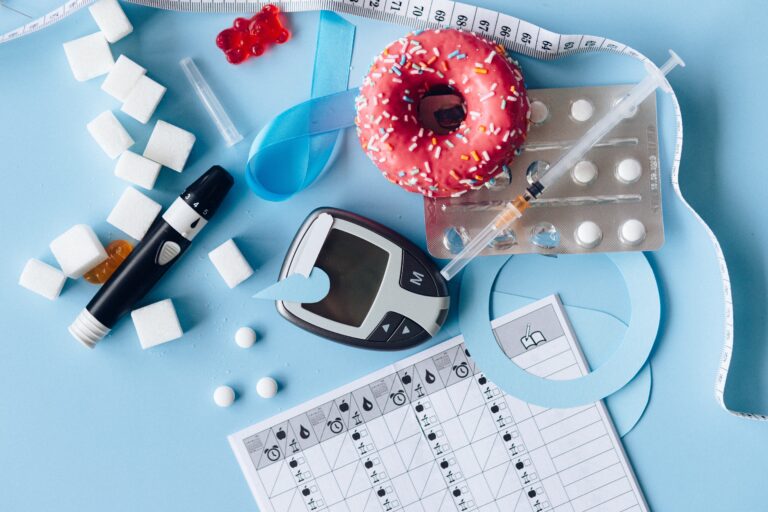Who is at Risk
It is estimated that 16 million Americans have diabetes, but as many as half of them do not know it. If left untreated, diabetes can lead to blindness, stroke, kidney failure, heart attack and amputations. However, when detected early and treated correctly, diabetes can be controlled.

Glucotrust Advanced Formula
Gluco Trust Max Capsules Maximum Strength Support
Diabetes – Know Your Risk
Why do so many people have this disease and not know it? The symptoms can be subtle and easily overlooked or explained away. Often, diabetes will progress and manifest itself in other life threatening illnesses such as heart disease, neuropathy or kidney failure. Early diagnosis can save your life. With proper treatment diabetes can be controlled and complications avoided or delayed. Everyone should be aware of this disease and its symptoms, as it is more common than was ever anticipated.
The following questions may help determine whether you are at higher risk for diabetes mellitus:
- Do you have a family history of diabetes?
- Are you overweight?
- Are you inactive? Are you over age 45?
- Are you a woman who has delivered a baby weighing more than 9 pounds?
- Are you African American, Hispanic, Native American or Asian American?
There are several warning signs and symptoms of diabetes mellitus. These include:
- Excessive thirst
- Frequent urination
- Unexplained weight loss
- Blurry vision
- Fatigue or weakness
- Tingling or numbness of the hands or feet
- Frequent skin, gum, bladder or vaginal infections
If you have any of the symptoms above, contact your healthcare provider.
- Newly Diagnosed Patients
You’re probably feeling anxious, a little confused about the future, and scared. You probably have a family member or know someone who has diabetes and know how serious diabetes complications can be.
Diabetes can be serious, sometimes even life-threatening — but only if blood sugar (called glucose) rises or falls considerably above or below the normal range. Diabetics who keep their blood glucose close to normal by practicing tight control can live long, healthy lives.
All it takes is some basic information and some lifestyle adjustments, which might seem challenging and time consuming at first, but quickly become a part of your everyday routine.
| While daily blood glucose testing tells you what your blood sugar level is at the time you test, HbA1c testing tells you your “average” blood sugar level over the past 2-3 months. These tests are very important in protecting your long-term health. Maintaining good HbA1c levels will help reduce your risk of diabetes complications such as blindness, kidney disease, nerve damage, stroke, and heart failure. |










It’s nearly impossible to know if you have type 2 diabetes. Everyone should get checked!
Artificial intelligence will be able to ask you questions and determine if you are at risk. You would then go see your doctor.
I was diagnosed with type 2 diabetes 10 years ago. I adjusted my diet and activity level. It has been 10 years and I still have no issues.
It is good to point at that anyone could be at risk and everyone should get checked at least once a year.